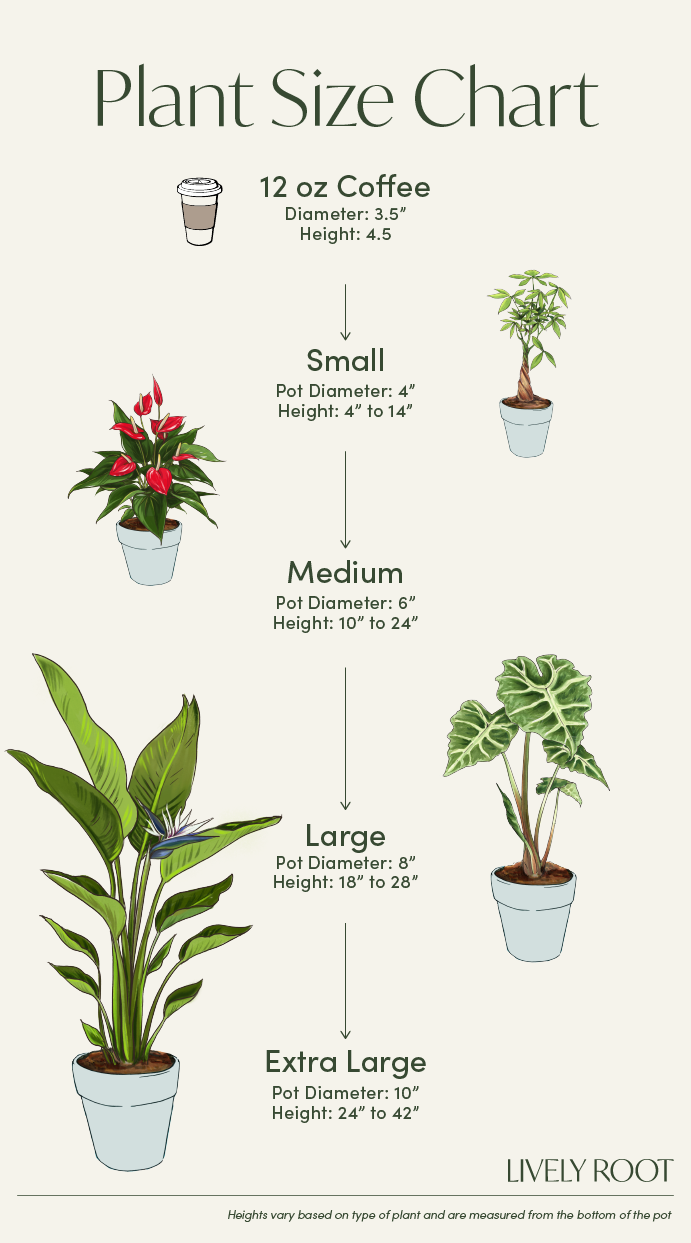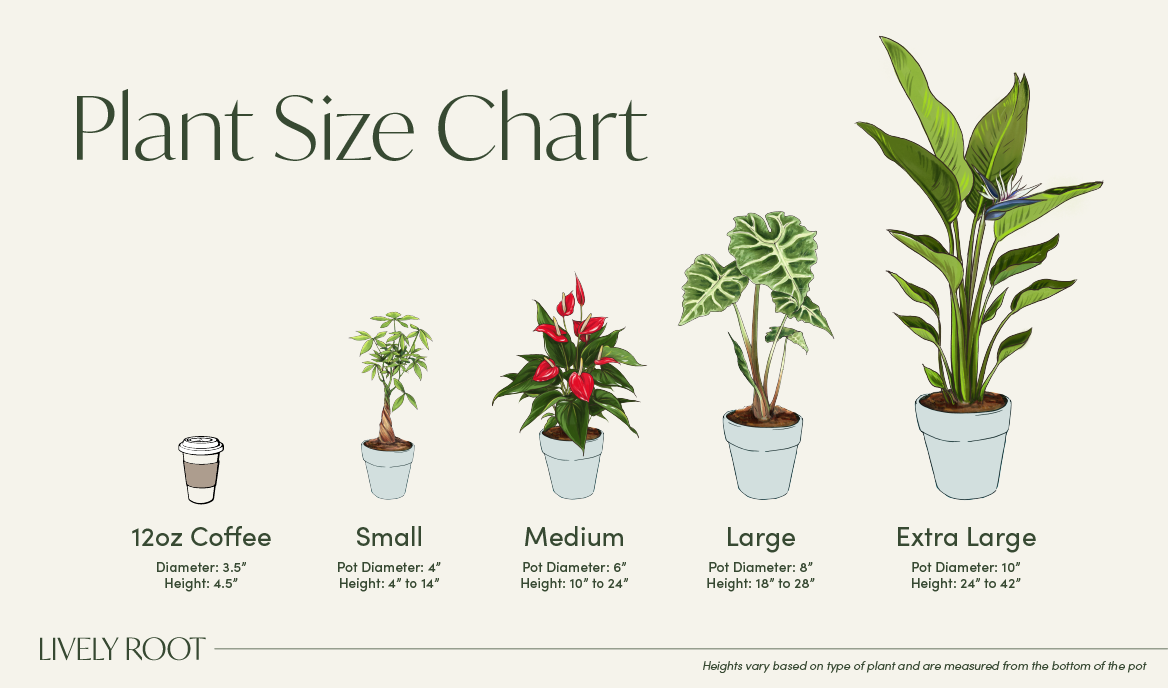

The rare and coveted Monstera Thai Constellation has finally arrived! A unique relative of the classic Monstera Deliciosa, each leaf is a piece of art, splashed with creamy white and lush green, resembling a night sky filled with twinkling stars. Highly sought after by collectors, the Monstera Thai Constellation has limited inventory, so get your hands on it while you can!
Thai Monstera Constellation Care Guide & Presentation

Medium to bright indirect light. Never direct sunlight.
Enjoys being on the moist, but not soggy side.
Enjoys high humidity. Spritz occasionally.
The Swiss Cheese Plant likes warmth and to stay above 50°F with high humidity.
Outside: Grow in morning light, partial shade (4-6 hours) where nights are above 50°F.
Indoors: This plant prefers bright, to medium indirect light for at least six hours in a southern, eastern and western windows.
Fertilize during their growing period in the spring and summer months between February and October every 2-3 weeks. Use a balanced liquid fertilizer at 1/2 strength. Reduce fertilizing during the fall and winter to once a month while the plant is in their dormant phase. Raise the humidity around them and never use chlorine or fluoride in the water.
When receiving the plant, do not repot immediately but wait at least 6-12 months or if the roots are beginning to get crowded and growing through the drainage holes.
Repot in the spring, using a 2" bigger pot to keep the roots drier. (Too big of a pot could cause the soil to dry slower, which is not helpful.) Use a well-draining indoor potting mix with perlite to help with drainage.
Water your plant in the old pot before transferring over and let sit an hour. Place a piece of screening at the bottom of the container over the drainage hole to secure the soil and allow to drain. Add soil to the bottom to elevate the root ball. Lift the plant and release the roots against the existing planter. Use a clean knife or garden trowel to wedge between the pot and the soil to loosen.
Inspect the root ball. Notice if there are any dead or rotting roots and trim off with sterile pruners. If the plant is rootbound, cut through the roots to alleviate continued encircling.
Ensure the plant is sitting about 1" below the edge of the pot to avoid water spillage. Add more soil and backfill around the sides by tamping down. Fill up to the soil line but not over.
Water thoroughly, leaving the soil damp but not soggy. If settling occurs, add more soil.
Wear gloves while working with this plant, as they have a sap that causes skin irritation. Trim off any yellowing bottom leaves down to the base of the stem using a sharp knife. Remove any debris off the soil surface. Train your plant to grow up a moss pole and tie them up to promote upward growth. Wipe the leaves with a clean, damp cloth using filtered or rain water. Support the leaf by wiping them from the stem to the tip of the leaf on both sides. Spritzing the leaves is another way to wet them and wipe them clean.
Take cuttings just below an aerial root.
Remove the bottom leaves on the stem with sterile scissors or a knife. Place the cutting in a container tall enough to hold the leaf upright. Add about an inch of water at the bottom and change the water weekly.
Keep the leaf in medium indirect sunlight while they are beginning to form roots.
Once roots are at least 1-2 inches long, plant them with rooting hormone mixed into the well-draining potting mix.
Water and place in bright to medium, indirect light.
Monstera Deliciosa Thai Constellation: Overview
The Monstera Thai Constellation (Monstera deliciosa) is a beautifully variegated rare plant with large, glossy, fenestrated leaves speckled in white. It belongs to the Araceae family, making it a distant relative of the Peace Lily. Monstera Deliciosa’s native habitat is the tropical rainforests of Central America and Mexico. However, the Thai Monstera Constellation variety was first created in Thailand, hence its name. Because of this plant’s rarity and difficulty of propagation, it is considered a highly in-demand plant.
This sought-after Monstera variety needs medium to bright indirect sunlight and a higher level of care to grow well. Learning to care for Monstera Thai Constellation is a rewarding experience once you understand its growing requirements. Being a tropical plant, the Thai Monstera Constellation thrives in warm temperatures and high humidity. It can grow outdoors in hardiness zones 8-11 as a porch plant if the temperatures don’t fall below 50°F since cold can damage the plant. A full-grown Thai Constellation Monstera can reach up to 15 ft. in height if given the space and support.
The calcium oxalate crystals in the leaves and stems of the Monstera Constellation plant make them toxic to pets if ingested.
In Feng Shui, the Thai Con Monstera is believed to harmonize and balance a home’s energy. These beautiful plants symbolize vitality, honor, and strength.
Monstera Thai Constellation: Benefits
- Powerful air-purifying plant that enhances indoor air quality
- Unique pattern of variegated leaves that resembles star constellations
- It helps increase the indoor humidity
- Large, beautiful statement plant for living rooms or offices
- Adds exceptional tropical vibe to any space
Thai Monstera Constellation: Care Guide
Monstera Thai Constellation care requires a little extra time and attention. Here are some tips on how to grow this unique tropical beauty.
Watering and Humidity
Your Constellation Monstera needs regular watering, but ensuring that the soil is moist but not soggy is vital. Watering less but more frequently can be a good strategy. Keep humidity high around your Monstera Deliciosa Thai Constellation. Mist its leaves, place it on a pebble tray, or group it with other plants to increase humidity.
Light and Temperature
Provide at least six hours of medium bright but indirect light for your Thai Con plant. Avoid direct sunlight, which can burn the leaves. The best temperature for your plant is in the range of 65℉ - 90℉.
Soil, Feeding, and Repotting
The Monstera Thai Con prefers well-draining soil. Mix in some perlite to achieve good water retention and soil drainage. Fertilize your plant every two to three weeks with a balanced liquid fertilizer diluted at half strength during the growing season. Repot when your Thai Con gets rootbound; you’ll see roots growing out of the pot’s drainage holes. Use a 2-inch larger pot and water well before repotting.
Propagation
You can propagate your Monstera Constellation by taking a healthy cutting above an aerial root and placing it in water until it grows roots. Change the water regularly. Alternatively, you can root the stem cuttings in pots of soil. Place the new plants in a spot that receives bright, indirect light for best results.
Pruning, Cleaning, and Common Issues
Prune off dead leaves or stems, and give your Monstera Thai an occasional shower to remove dust from its broad leaves. Keep humidity high around your plant to prevent browning leaf tips. Yellowing, mushy leaves are a sign of overwatering. Also, check your plant’s leaves regularly for pests like spider mites or mealybugs and use an insecticide if necessary. Support your Monstera with a moss pole to prevent the risk of falling over.
Thai Constellation Monstera: Placement, Companion & Alternative Plants
The Monstera Thai plant is a large, impressive indoor plant that will bring tropical serenity and beauty into your living space.
Best Locations & Uses
- Perfect porch plant for humid and warm regions
- Suitable for plant lovers with no pets
- Ideal for experienced indoor gardeners
- Makes a rare and impressive gift
- A large plant that is perfect for spacious rooms
Companion Plants
Group your Monstera Thai Constellation with other tropical plants to increase humidity levels and create a stunning indoor jungle:
- Orange Bird of Paradise (Strelitzia reginea): A large plant with broad, glossy green leaves, the Orange Bird of Paradise has striking flowers and is easy to care for.
- Fiddle Leaf Fig Tree (Ficus lyrata): The highly popular Fiddle Leaf Fig Tree thrives in a stable, humid environment.
- White Stripe Dragon Tree (Dracaena warneckii): With its dramatic white stripes on deep green leaves, the White Stripe Dragon Tree is an adaptable houseplant and a fantastic natural air-purifier.
Alternative Plants
The Monstera Thai is toxic to pets, which is why pet owners may want to consider our selection of pet-safe plants:
- Calathea Concinna "Freddie" (Calathea concinna 'Freddie'): With its gorgeous leaf pattern, the Calathea Concinna “Freddie” is a delightful and eye-catching plant that is also entirely safe for your pets.
- Spider Plant (Chlorophytum comosum): Known for its air-purifying properties, the Spider Plant is an easy-care choice with pretty, striped long leaves.
- Dwarf Cavendish Banana Tree (Musa acuminata): If you like large plants with broad leaves, consider the beautiful Dwarf Banana Tree; it’s easy-care, pet-safe, and grows edible fruit.
Get Your Stunning Thai Constellation Monstera From LivelyRoot Today!
Order the enchanting and unique Thai Constellation Monstera from Lively Root today!






























































